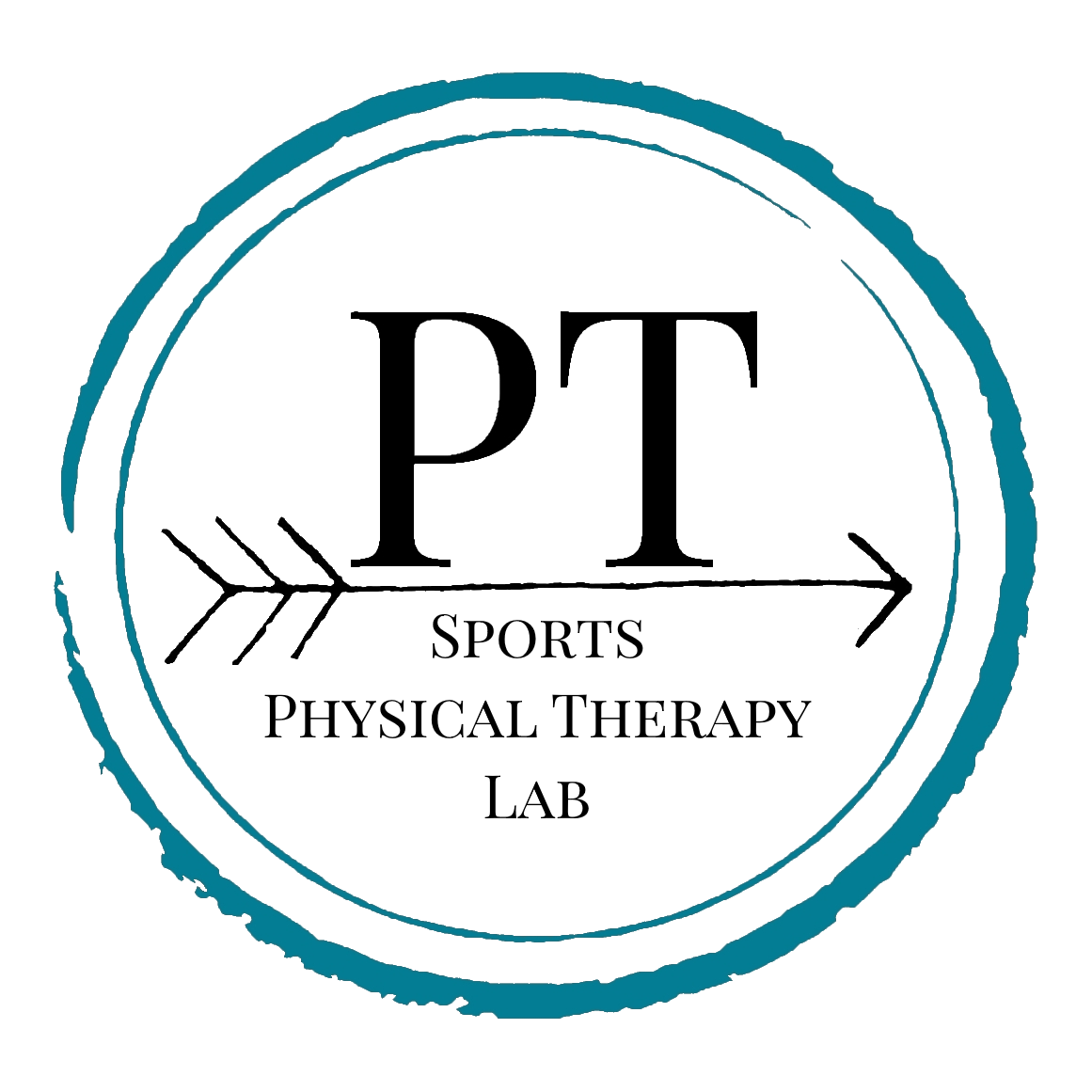The Power of Proactive Physical Therapy: A Pathway to Pain Reduction and Enhanced Wellness
In the hustle and bustle of modern life, it's not uncommon to experience occasional aches and pains. Whether it's from sitting at a desk for prolonged periods, engaging in repetitive motions, or even just the wear and tear of daily activities, these minor discomforts can add up over time, impacting our overall quality of life. However, what many people may not realize is that addressing these early signs of discomfort through physical therapy can not only alleviate current pain but also prevent it from escalating into more serious issues down the road. In this article, we'll explore the myriad benefits of starting physical therapy at the onset of minor aches and pains and how it can reduce overall pain, enhance recovery, and foster proactive health and wellness.
Recognizing the Early Signs
The human body is incredibly adept at signaling when something is amiss. Minor aches, pains, stiffness, or discomfort are often early warning signs that should not be ignored. Rather than dismissing these signals as insignificant or hoping they'll resolve on their own, paying attention and taking proactive steps to address them is essential.
The Role of Physical Therapy
Physical therapy is a holistic approach to healthcare that focuses on restoring and improving function, mobility, and overall quality of life through targeted exercises, manual techniques, and education. Contrary to popular belief, physical therapy isn't just for post-injury or post-surgery rehabilitation. It can be incredibly beneficial for addressing minor aches and pains before they escalate into more significant issues.
Benefits of Early Intervention
Pain Reduction: By addressing minor aches and pains early on, physical therapy can help alleviate discomfort and prevent it from worsening over time. Through targeted exercises and interventions, physical therapists can identify and address the underlying causes of pain, whether it's muscular imbalances, poor posture, or movement dysfunctions.
Enhanced Recovery: Early intervention is key to faster and more complete recovery from injury or musculoskeletal issues. By starting physical therapy at the onset of symptoms, individuals can expedite the healing process, improve tissue healing, and prevent the development of chronic conditions.
Improved Function and Mobility: Minor aches and pains can significantly impact one's ability to move and perform daily activities. Physical therapy aims to restore and optimize function and mobility, allowing individuals to move more freely and without discomfort.
Prevention of Further Injury: Proactively addressing minor aches and pains can help prevent more serious injuries. Physical therapy serves as a preventive measure against future injuries by correcting movement patterns, strengthening weak muscles, and improving flexibility and joint mobility.
Empowerment Through Education: One of the most significant benefits of physical therapy is the education provided by therapists. Individuals can take an active role in their health and wellness journey by understanding the underlying causes of their discomfort and learning techniques to manage and prevent pain.
Proactive Health and Wellness
Embracing physical therapy as part of a proactive approach to health and wellness can yield long-term benefits beyond pain reduction. By prioritizing movement, function, and mobility, individuals can enhance their overall quality of life, maintain independence as they age, and prevent the onset of chronic conditions associated with sedentary lifestyles.
In conclusion, starting physical therapy at the onset of minor aches and pains is a proactive step towards reducing overall pain, enhancing recovery, and fostering health and wellness. By listening to our bodies, seeking early intervention, and embracing the guidance of skilled physical therapists, we can optimize our physical function, improve our quality of life, and enjoy a lifetime of movement and vitality.
Written by: Dr James Cousler
Want to learn more from Dr James and schedule an in person session with him? You can contact him directly at drjames@sportsptlab.com
